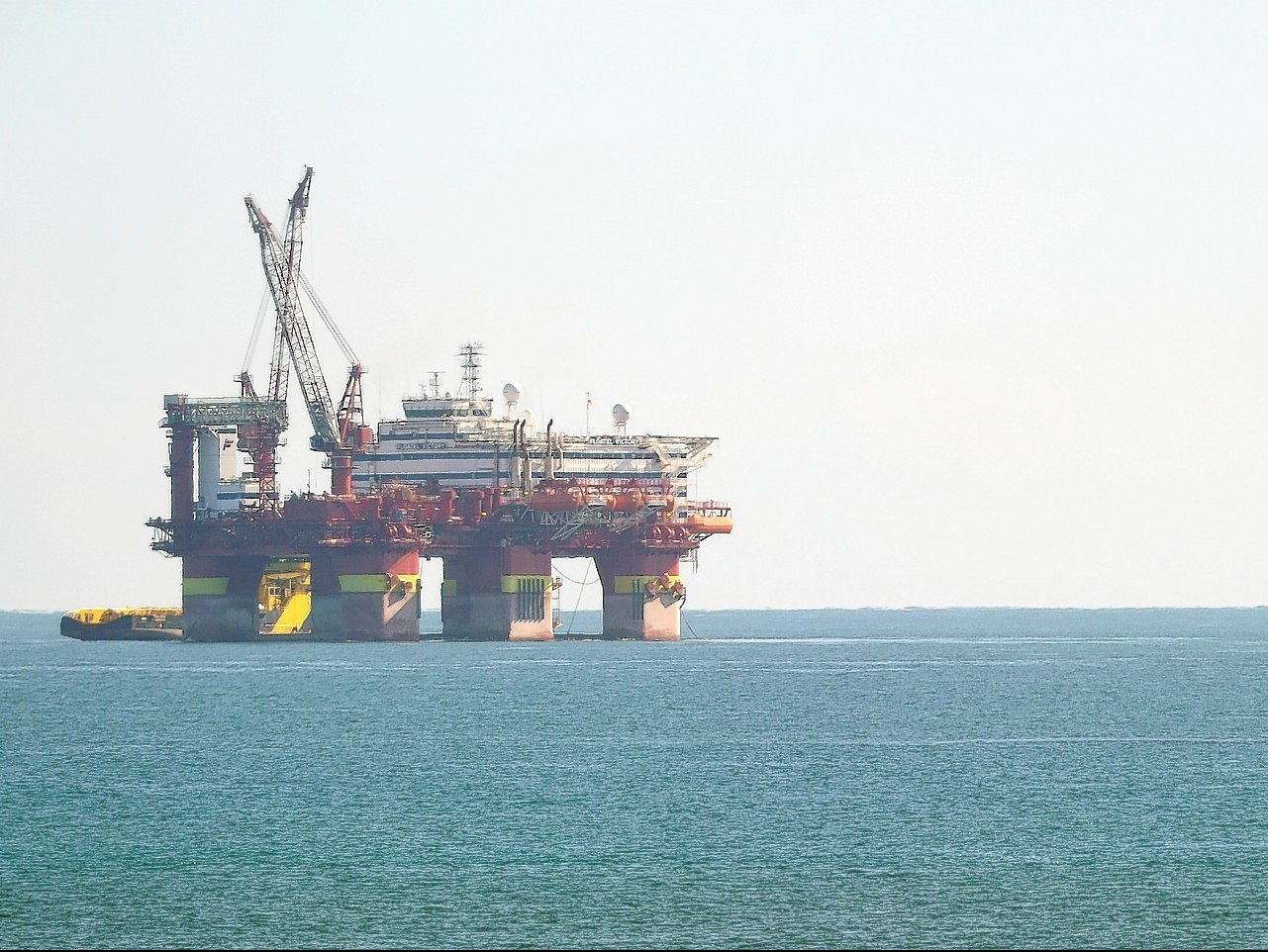The Scottish Government has dramatically lowered its estimates on how much revenue will be generated by North Sea oil and gas.
Official figures released yesterday showed that total receipts could be as small as £2.4billion between 2016-2020 and as high as £10.8billion.
By contrast, figures in a bulletin published in May 2014 – the year of the independence referendum – estimated that revenues would be as high as £38.7billion or as low as £15.8billion between 2014-2019.
The new report shows that receipts could be as high as £2.8billion or as low as £500,000 in 2016-17, which would have been the first year of independence under SNP plans.
By contrast the figures in the document published last year showed projections of between £2.9billion and £7.8billion for 2016-17.
Opposition MSPs claimed the statistics illustrated the danger of swapping the Barnett funding formula in exchange for full fiscal autonomy – giving Holyrood the power to raise all the money it spends.
Conservative energy spokesman Murdo Fraser claimed Scotland “dodged a bullet” by rejecting independence last September.
“The SNP government were criticised at the time for making over-projected figures,” he added.
“Now it is confirmed – if Scotland was independent we’d now have a massive financial black hole to deal with.”
Labour finance spokeswoman Jackie Baillie said: “These new figures blow the SNP’s policy of full fiscal autonomy out of the water.
“We know cutting ourselves off from UK wide taxes would blow a £7.6billion hole in Scotland’s finances.”
Labour accused the SNP of trying to sneak out the report on the last day of the parliamentary term.
MSP James Kelly said the timing of its release at 10am meant the party was unable to lodge an emergency question during first minister’s question time.
But a spokesman for Nicola Sturgeon said opposition leaders had the chance to raise the report during their line of questioning but failed to do so.
The new bulletin showed that the UK remained the largest oil and gas producer in the EU by a large margin and there was up to 23billion recoverable barrels of oil equivalent remaining.
The Scottish Government said it illustrated that the industry must be properly supported to “achieve considerable potential”.
